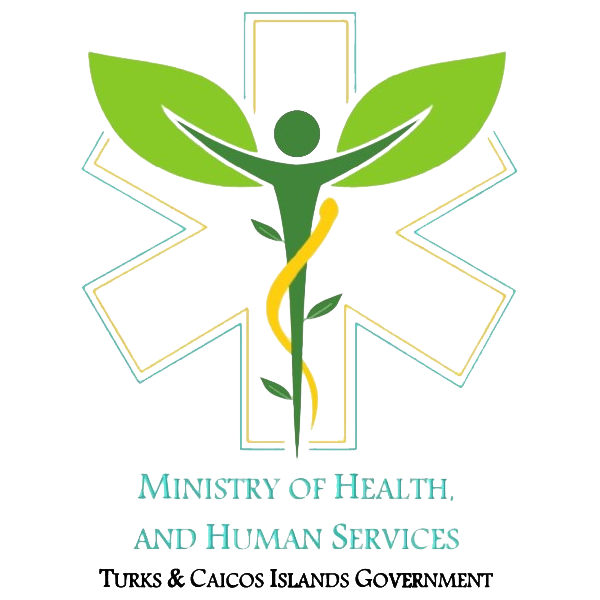

The objectives of these protocols are to:
How COVID-19 spreads
COVID-19 is transmitted when an infected person coughs or exhales, they release infectious respiratory droplets. These droplets most often settle on nearby surfaces and objects – such as desks, tables or telephones. Other persons may then become infected by touching contaminated surfaces or objects and then touching their face, specifically: eyes, nose and or mouth. Additionally, if an individual is standing within one metre (3ft) of a person with COVID-19 they can become infected by inhaling the infectious respiratory droplets.
PREVENTIVE MEASURES
The key measure to prevent divers from acquiring COVID-19 is to prevent the virus from getting onto/into diving equipment and other surfaces involved. This presents unique challenges, but must be considered to ensure safety of staff and other users.
Stakeholders must familiarize themselves and utilize guidance from the Ministry of Health and Public and Environmental Health (Control Measures) (COVID 19) Regulations 2020 on the preventive and containment measures.
COVID-19 AND THE SCUBA DIVING COMMUNITY
As with advice given to the general public, remain at home as much as possible. Scuba Diving poses a number of potential injuries and health concerns- including “decompression sickness” and trauma resulting from at-sea injuries. Divers should take responsibility for their own wellbeing. If they are not feeling well, in any way, then you should simply NOT dive. Specific to COVID-19, if a person has lung or upper respiratory congestion, the flu or flu like symptoms, they should NOT participate in any scuba diving activities.
Possibly the two most essential factors in dealing with COVID-19 are personal hygiene and disinfection of scuba diving equipment. Both measures are underlined by many leading scuba diving organizations around the globe.
Dive-Specific Tips:
General Coronavirus Protective Measures
Disinfecting Diving Gear
Given the current threat of COVID-19 and the fact that the virus can survive for hours on solid surfaces, diving centers need to adopt basic prevention measures due to the uncertainty surrounding the spread of the virus. The following dive equipment should be properly sanitized and cleaned:
-Buoyancy Control Device (BCD) oral inflator
-Regulator mouthpiece
-Inner surface of dive mask
-Snorkel
-Whistle
-Orally inflated Surface Marker Buoy (SMB)
Sanitizing diving equipment
Conclusion
COVID-19 poses a serious risk to the diving population. The nature of the work involves close contact, reusable respiratory/breathing equipment and sites that are distant form medical facilities.
The most effective way to minimize the impact of COVID-19 is by reserving diving activity for urgent or emergent reasons. In such cases the aim is to prevent the virus arriving at the work site, and ensure there is minimal chance of equipment contamination.
The evolution of the virus and its spread is a dynamic situation and further guidance may be updated as more information on COVID-19 becomes available. As knowledge of the hazards posed by the virus increases, guidance for divers may have to be altered. Any diver who has been exposed to SARS-CoV-2 virus, or been infected by the virus, would be well advised to seek medical advice and clearance before resuming diving. Additional information and guidance may be found on the Ministry of Health’s website.
References
https://www.kooxdiving.com/en/scuba-diving-equipment-coronavirus-disinfection/
DEMA, The Diving Equipment & Marketing Association
https://www.dema.org/page/CoronavirusUpdates May 10, 2020
World Health Organization- https://www.who.int/ May 10, 2020
IMCA D 06/20 - Novel Coronavirus (COVID-19) - Guidance for diving contractors
http://www.dmac-diving.org/guidance/IMCAD06-20.pdf
https://blog.padi.com/2020/04/03/travel-and-diving-safety-tips-during-and-after-covid-19/
https://www.scubadoctor.com.au/coronavirus-covid-19.htm
https://www.diversalertnetwork.org/emailview/landing/blogs/prepareForReturn20/index.html
https://www.bsac.com/news-and-blog/covid-19-what-divers-need-to-understand/
https://www.diversalertnetwork.org/emailview/landing/coronavirus/gearDisinfection/index.html